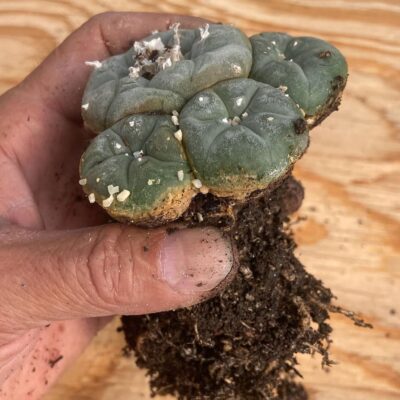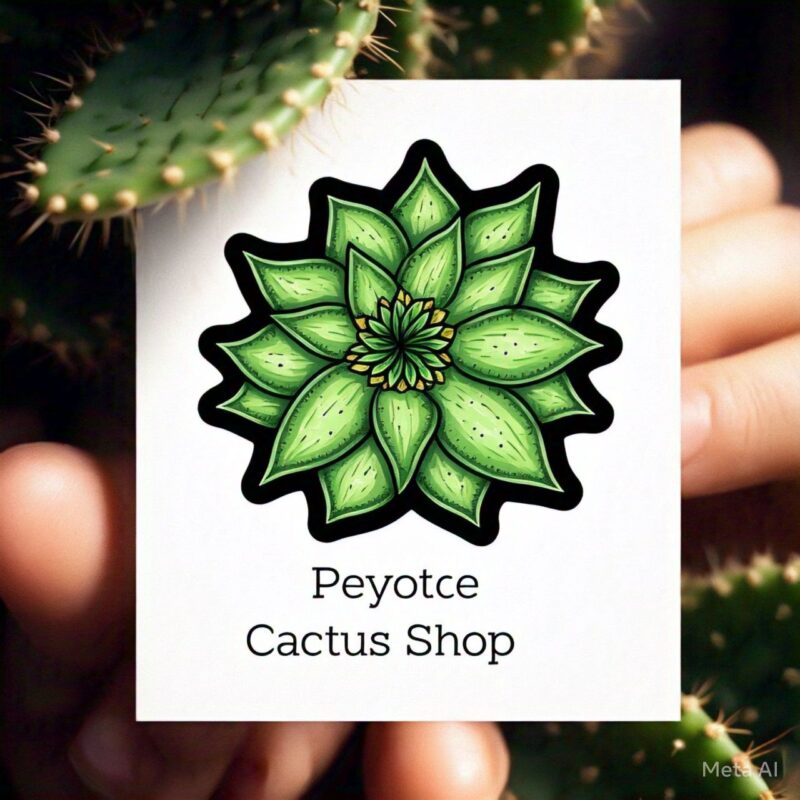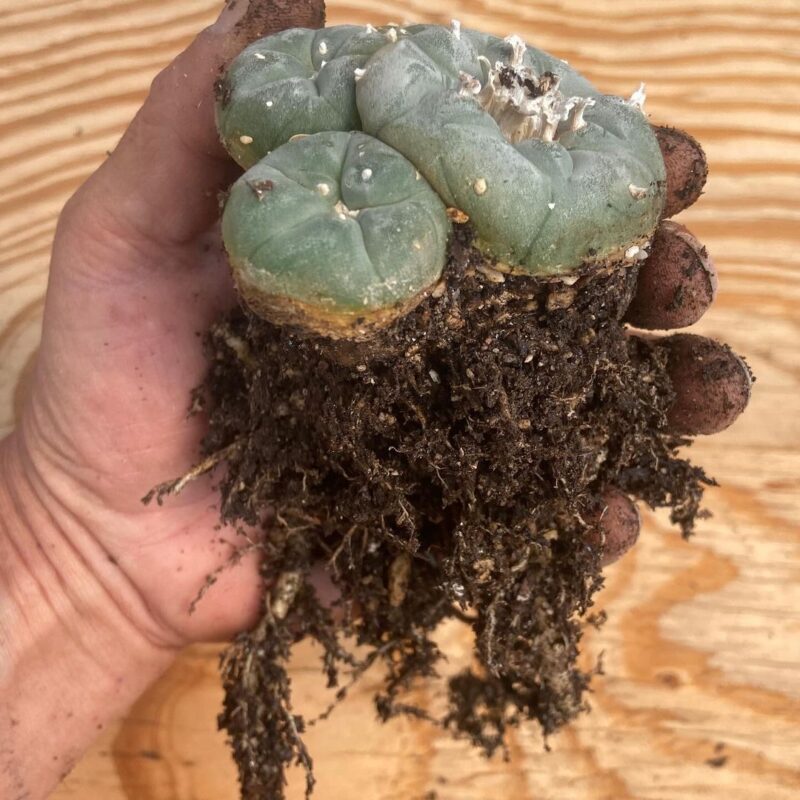Uncategorized
What are the effects of peyote?
What Are The Effects Of Peyote Cactus?
Peyote cactus seeds, scientifically known as Lophophora williamsii, are a small, spineless cactus that contains the psychoactive compound mescaline. This hallucinogen has been used for centuries, particularly in Native American spiritual practices, and is known for its profound psychological effects.

- Psychological Effects: When consumed, peyote induces a range of psychedelic experiences lasting approximately 10 to 12 hours. Users often report vivid hallucinations, altered perceptions of time and space, and synesthesia—where sensory experiences blend (e.g., “seeing” sounds or “hearing” colors). The experience can evoke intense emotions, ranging from euphoria to anxiety or paranoia. Some individuals may encounter feelings of connectedness with nature or spiritual entities, while others might experience distressing “bad trips” characterized by fear and confusion.
-
Physical Effects of Peyote Cactus Seeds: Physically, peyote can lead to various side effects, including nausea, vomiting, increased heart rate, and elevated blood pressure. Users may also experience muscle weakness, dizziness, and sweating. While peyote does not typically cause physical dependence, tolerance can develop with repeated use, necessitating larger doses to achieve the same effects.
-
Risks and Long-term Effects of Peyote Cactus Seeds: Long-term use of peyote poses risks such as persistent psychosis and hallucinogen persisting perception disorder (HPPD), where users experience flashbacks long after the drug’s effects have worn off. Though rare, these conditions can manifest as disorganized thoughts and visual disturbances. The legal status of peyote complicates research into its long-term effects and potential therapeutic benefits.
Peyote Cactus Seeds
Peyote cactus seeds, derived from the Lophophora williamsii species, are notable for their psychoactive properties, primarily due to the alkaloid mescaline. This small, spineless cactus is native to the Chihuahuan Desert region of Mexico and southwestern Texas, thriving in harsh, scrubby environments with poor soil conditions. The seeds are small and black, measuring about 1 to 1.5 mm long, and require hot and humid conditions for germination.
- Growth and Cultivation: Peyote is notably slow-growing, often taking over ten years to mature in the wild. However, cultivated specimens can mature in less than three years. The plant’s flowering typically occurs between March and May, producing small, button-like tops known as “buttons,” which are rich in mescaline.
-
Usage and preparation: The buttons are harvested, dried, and then consumed either by chewing or steeping in water to create a tea. Fresh peyote contains approximately 0.4% mescaline, while dried buttons can have between 3-6%. The experience of consuming peyote can vary significantly from that of isolated mescaline due to the presence of other active compounds in the cactus.
-
Cultural Significance: Peyote has a long-standing cultural history, particularly among indigenous peoples in North America, where it is used as a religious sacrament. Despite its illegal status in many regions, studies indicate that peyote does not pose significant physical risks when used responsibly.
-
Harvesting Seeds: Harvesting peyote seeds involves collecting the fruit pods that develop after flowering. These pods change color as they ripen, indicating readiness for harvest. The seeds are small and may yield only a few per pod, making the harvesting process meticulous.
-
Conservation Concerns: Overharvesting and improper techniques have led to a decline in natural populations of peyote. Conservation efforts are crucial to ensuring the sustainability of this culturally significant plant.
Is Peyote Cactus Seeds Legal?
Legal Status of Peyote Cactus Seeds.
The legality of peyote cactus seeds varies significantly depending on the jurisdiction. Here’s a breakdown of the legal status in different regions:
United States
General Legal Status: Peyote (Lophophora williamsii) is classified as a Schedule I controlled substance under the Controlled Substances Act, which makes its possession and sale illegal. However, there are exceptions for religious use among Native Americans, as outlined in the American Indian Religious Freedom Act. This allows for the cultivation and consumption of peyote in a ceremonial context, primarily for members of the Native American Church.
Seeds: While mescaline is illegal, the seeds themselves are often sold online. The legality of purchasing seeds can be ambiguous; while buying seeds may not be illegal, growing them and using the plant can be restricted. Some states allow cultivation under specific conditions, particularly for religious purposes.
International Context
- Canada: In Canada, mescaline is a Schedule III substance, but peyote itself is exempt from regulation unless prepared for ingestion.
- Mexico: Peyote is legal for traditional use among indigenous groups, though its collection is regulated due to its endangered status.
- Other Countries: The legal status varies widely. For instance, in the Netherlands and Sweden, growing peyote is permitted but extracting mescaline is not. In contrast, countries like Brazil and Norway classify peyote as illegal.
Practical Considerations
- Importation Risks: Importing peyote seeds may lead to customs seizure unless accompanied by proper documentation. The risk of legal repercussions varies by state and individual circumstances.
- Cultural Significance: Peyote holds significant cultural and spiritual importance for many indigenous peoples in North America, which influences its legal treatment in certain contexts.

